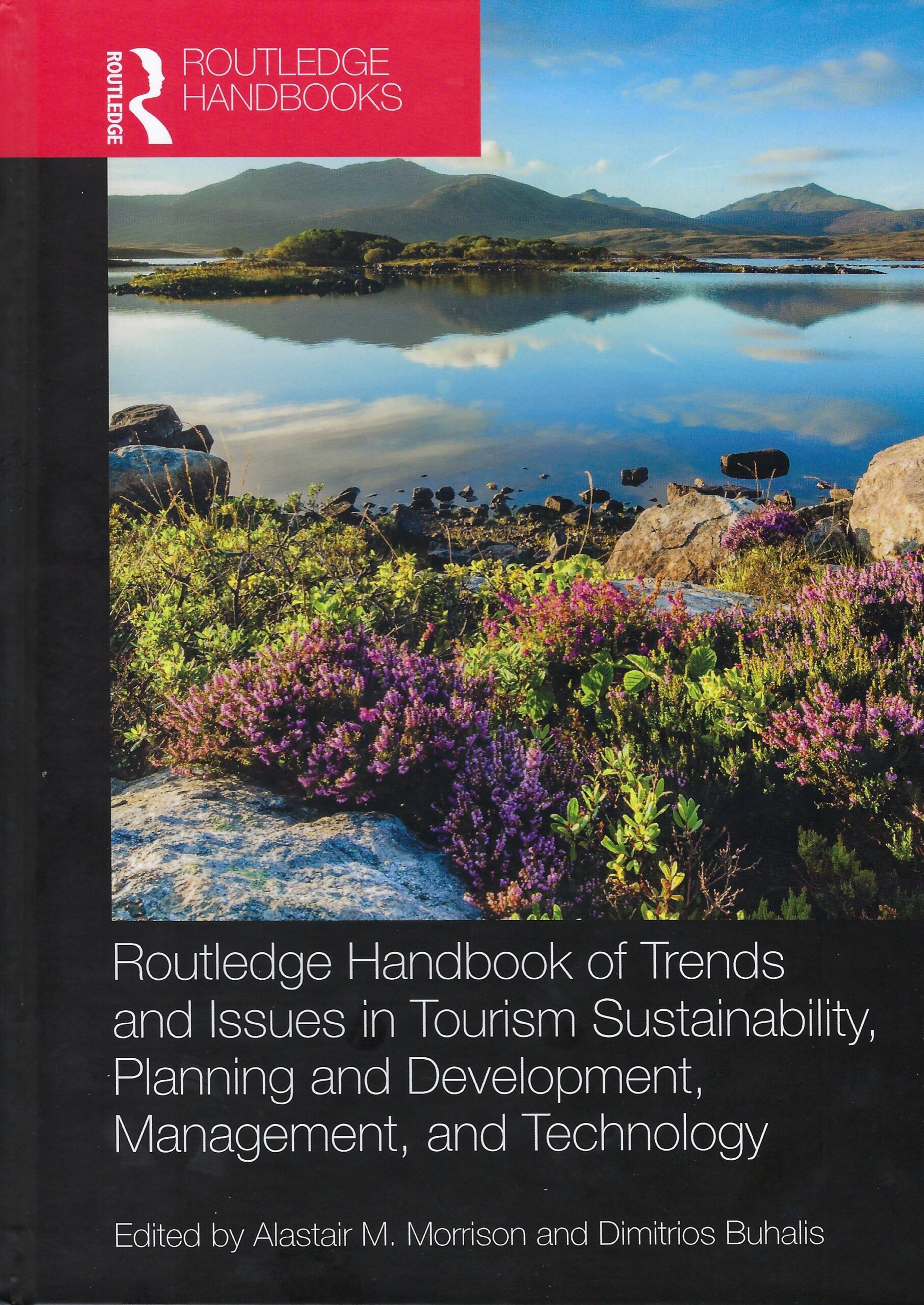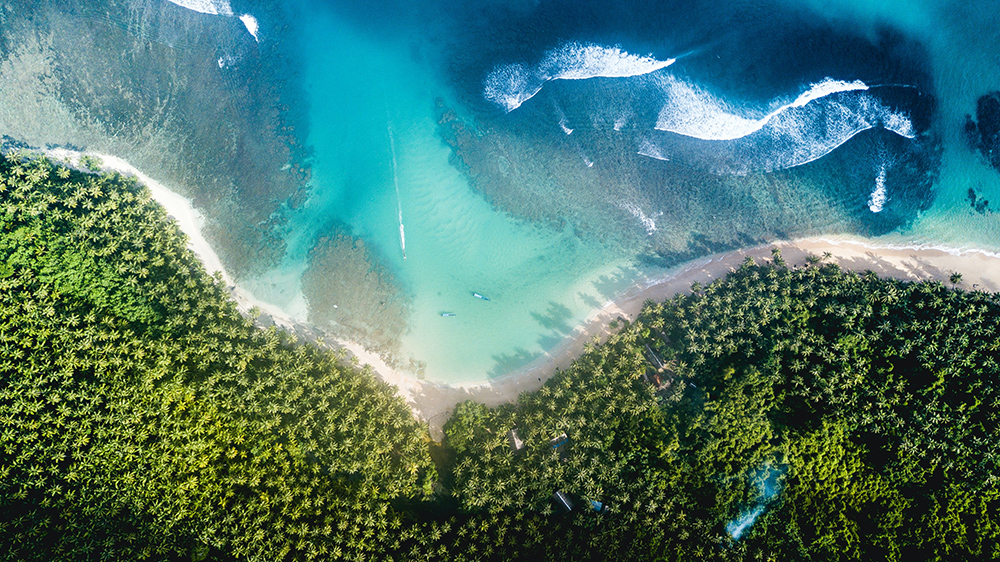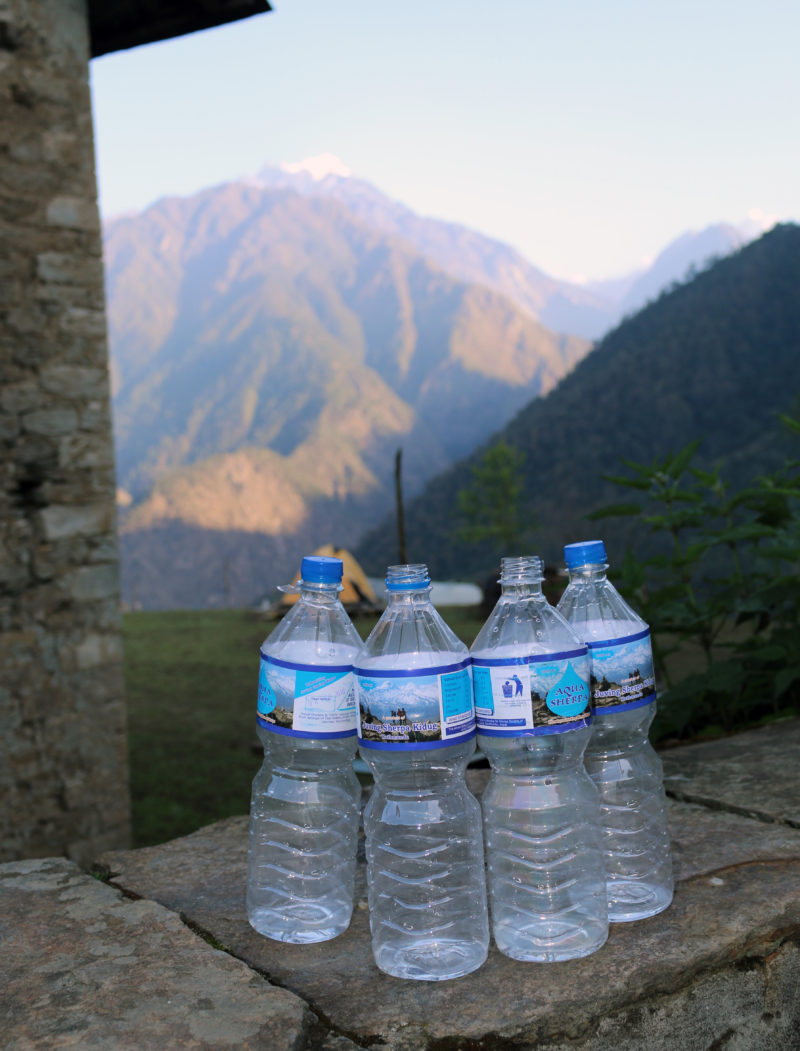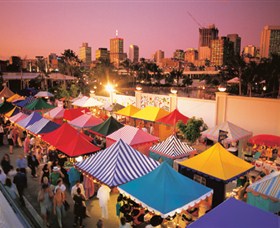Trends in Tourism Sustainability
Sustainability has been an important topic in tourism for decades. It is exciting to see the ways groups from around the globe are tackling the wicked problem of ensuring tourism is a force for good. In a chapter I contributed to the Routledge Handbook of Trends and Issues in Tourism Sustainability, Planning and Development, Management, and Technology (catchy title, isn’t it??), I tackled the question – What are the trends in Tourism Sustainability? Here’s what I see as some of the important trends (Chapter spoilers ahead). Climate Change and Tourism:...








